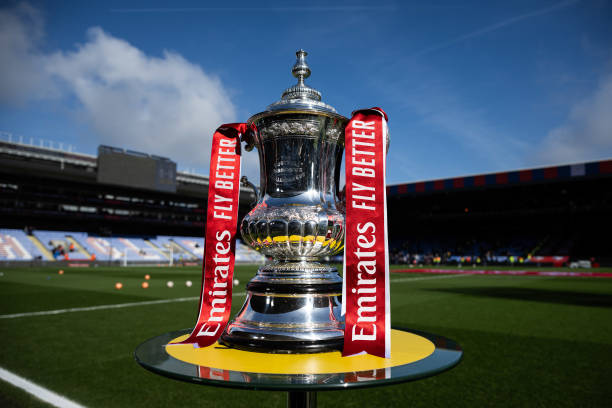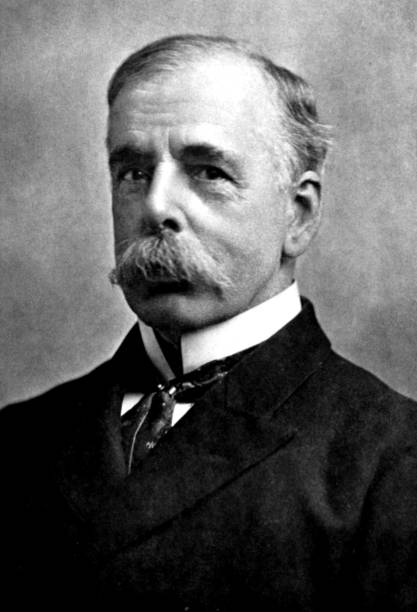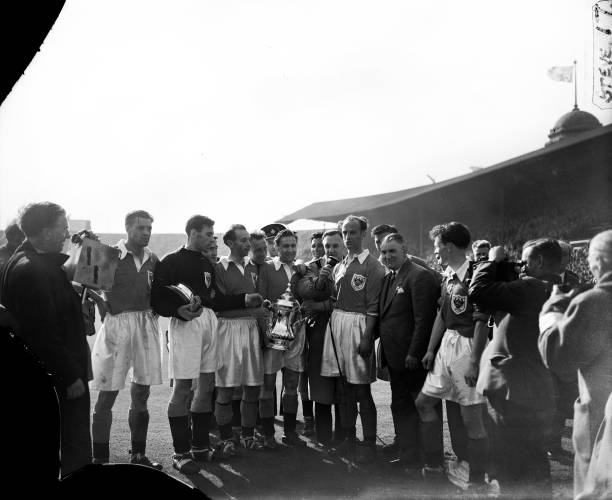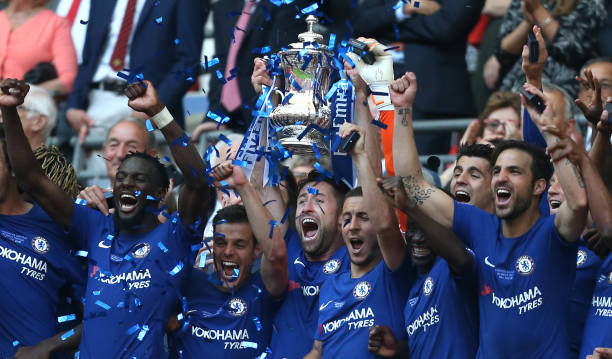
The FA Cup is the oldest and most prestigious domestic football competition in the world. Established in 1871, the tournament has witnessed over a century of legendary matches, shocking upsets, and unforgettable moments. From its humble beginnings to its role as a global football spectacle, the Football Association Challenge Cup has shaped English football and inspired similar knockout competitions worldwide.
In this in-depth article, we explore 10 key moments that define the evolution of the FA Cup from its inception to the modern-day competition that captivates millions of fans worldwide.
1. The Birth of the FA Cup (1871–72)
The Football Association Challenge Cup, known as the FA Cup, was introduced by C. W. Alcock, a key figure in English football, who proposed a national knockout competition. The first edition of the tournament kicked off in 1871, with 15 teams participating.

The First Final:
- Date: March 16, 1872
- Venue: Kennington Oval, London
- Teams: Wanderers vs. Royal Engineers
- Result: Wanderers won 1-0, with Morton Betts scoring the only goal
This first final laid the foundation for a tournament that would later become the heartbeat of English football.
2. Growth and Popularity (1880s–1900s)
As football grew in popularity across England, so did the Football Association Challenge Cup. The tournament saw the participation of working-class clubs, breaking the dominance of teams formed by aristocrats and former school teams.
Notable Milestones:
- 1883: Blackburn Olympic became the first working-class club to win the Football Association Challenge Cup, defeating Old Etonians.
- 1888: The Football League was formed, and Football Association Challenge Cup fixtures began drawing massive crowds.
- 1901: Tottenham Hotspur became the first non-league club to win the Football Association Challenge Cup.
3. The Emergence of Wembley Stadium (1923)
The 1923 Football Association Challenge Cup Final was a historic event, marking the first time the final was played at Wembley Stadium. The match, known as the “White Horse Final”, saw an estimated 200,000 fans crammed into a stadium designed to hold 127,000.
Key Details:
- Teams: Bolton Wanderers vs. West Ham United
- Result: Bolton won 2-0
- Impact: Established Wembley as the home of the FA Cup final until 2000.
4. FA Cup During World War II (1939–1945)
Despite World War II causing football leagues to pause, the Football Association Challenge Cup remained an integral part of English football. Wartime competitions were organized, allowing football to provide morale-boosting entertainment.
- Matches were played with guest players, as many professional footballers had enlisted in the army.
- Portsmouth, winners of the 1939 Football Association Challenge Cup, retained the trophy for seven years due to the war.
5. The FA Cup’s Television Boom (1953–1960s)
The 1953 Football Association Challenge Cup Final, also known as the “Matthews Final”, was a turning point for the tournament. The game between Blackpool and Bolton Wanderers was broadcast live on television, marking the beginning of Football Association Challenge Cup TV coverage.

Impact of Televised FA Cup Matches:
- More exposure brought record attendances and increased revenue.
- Clubs like Manchester United and Arsenal gained international followings through televised Football Association Challenge Cup runs.
- FA Cup finals became a national event, watched by millions of households in the UK and beyond.
6. The Giant-Killing Era (1970s–1980s)
The Football Association Challenge Cup became synonymous with giant killings, where lower-division teams stunned Premier League giants. Some of the most memorable upsets in Football Association Challenge Cup history include:
- 1971: Fourth-tier Colchester United defeated top-flight Leeds United.
- 1988: Wimbledon, then in the First Division, shocked Liverpool with a 1-0 victory in the FA Cup Final.
- 1992: Non-league Wrexham defeated Arsenal in one of the biggest upsets in FA Cup history.
7. The Premier League Era and FA Cup Changes (1992–2000s)
With the formation of the Premier League in 1992, English football saw a major shift in financial power and media coverage. The Football Association Challenge Cup, however, remained a highly prestigious competition.
Key Developments:
- 1999: Manchester United controversially withdrew from the Football Association Challenge Cup to participate in the FIFA Club World Championship.
- 2000: The Football Association Challenge Cup Final moved from Wembley to Cardiff’s Millennium Stadium while Wembley underwent renovations.
- 2007: The Football Association Challenge Cup Final returned to the new Wembley Stadium.
8. The Rise of Modern Football and Football Association Challenge Cup Importance (2010–2020s)
While some critics argue that the FA Cup has lost some of its prestige due to the financial dominance of the Premier League and Champions League, the competition continues to deliver iconic moments.
Recent Memorable FA Cup Finals:
- 2013: Wigan Athletic stunned Manchester City to win their first FA Cup.
- 2018: Chelsea secured victory under Antonio Conte, defeating Manchester United.
- 2021: Leicester City won their first-ever FA Cup, with Youri Tielemans scoring a stunning goal against Chelsea.
- 2023: Manchester City completed a domestic double, beating Manchester United.

9. The FA Cup’s Global Influence
The FA Cup model has inspired knockout competitions worldwide, including:
- Copa del Rey (Spain)
- DFB-Pokal (Germany)
- Coppa Italia (Italy)
- Coupe de France (France)
The “magic of the FA Cup” has influenced how football is played and celebrated globally.
SUGGESTED FOR YOU
England’s Incredible Legacy: 7 Ways England Created the Rules of Modern Football
10. The Future of the FA Cup
The FA Cup’s future remains bright, despite challenges from the rise of commercialized football. Proposed improvements include:
- Increased prize money to attract stronger team participation.
- Better scheduling to prevent fixture congestion.
- Enhanced broadcasting rights to expand global viewership.
Conclusion
The FA Cup’s incredible legacy spans over 150 years, making it the heart and soul of English football. From its humble beginnings in 1871 to its modern-day prominence, the competition continues to deliver historic moments, fairy-tale stories, and some of the greatest matches in football history.
Whether it’s giant killings, dramatic finals, or underdog victories, the FA Cup remains football’s most magical tournament, proving that in knockout football, anything is possible.
Did You Know?
- Arsenal holds the record for the most Football Association Challenge Cup wins (14 titles).
- The longest Football Association Challenge Cup tie lasted 660 minutes across six replays in 1971.
- The biggest win in Football Association Challenge Cup history was Preston North End’s 26-0 victory over Hyde in 1887.
The Football Association Challenge Cup’s history is still being written—who will be the next team to etch their name into football folklore?









